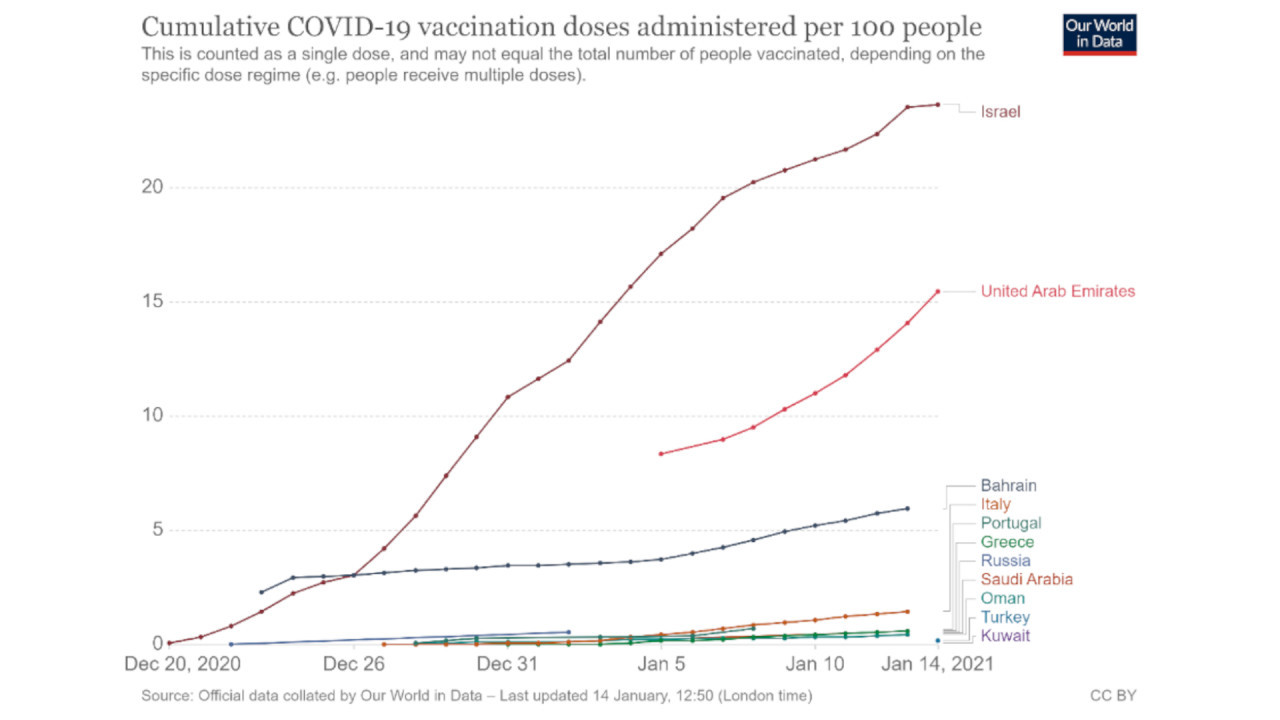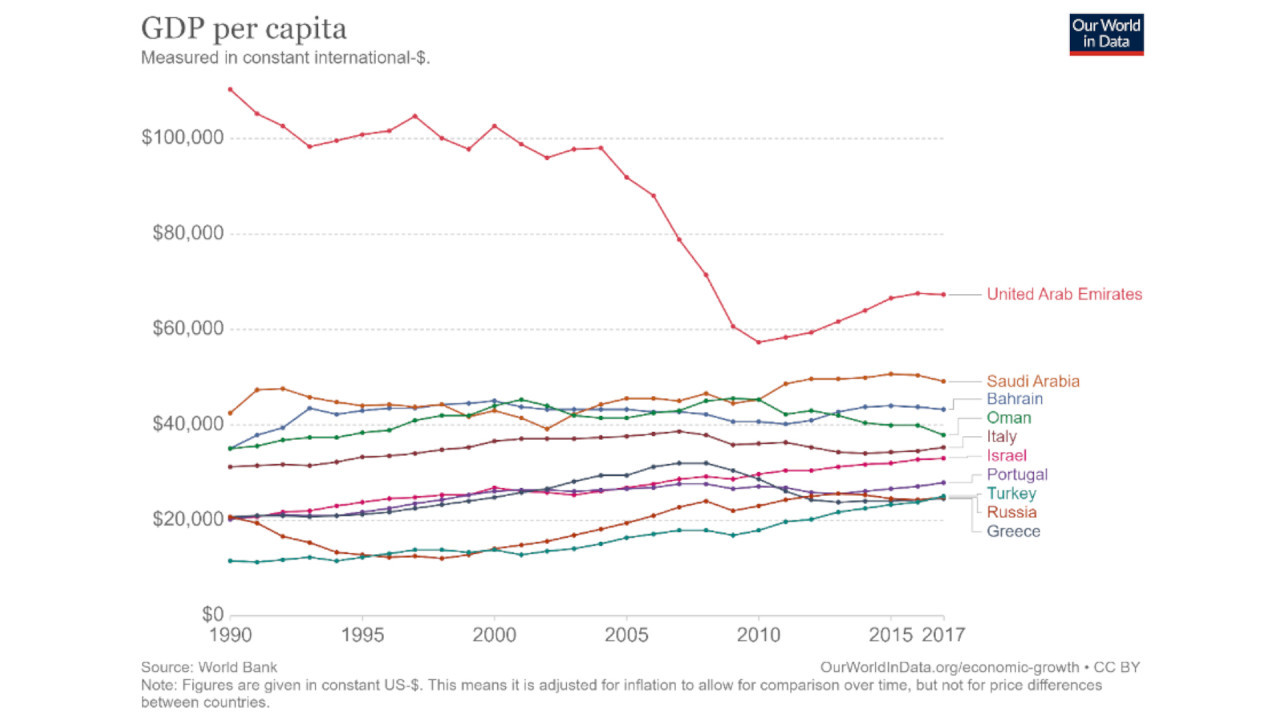Turkey is falling behind on vaccination: Using Sinovac not Pfizer/BioNTech
Sinem Sönmez writes: Despite not using the Pfizer/BioNTech vaccine like many of its neighbors, a more complicated vaccine to administer, Turkey is still lagging behind in its vaccination efforts. It needs to ramp up its vaccination efforts quickly so that the economy can re-open and Turkey can return to normalcy as soon as possible.
Sinem Sönmez
The effort to vaccinate a nation relies on a number of factors and a network of people, including chemists, truck drivers (for shipment), pilots (for shipment), bureaucrats (for approval), pharmacists (for distribution), and health-care workers (for administering vaccinations). It requires ultracold freezers, dry ice, needles, masks, and swabs at thousands of locations across a country every day. In order for the Pfizer/BioNTech vaccine to work, every one of the links in this complicated chain has to hold.

The logistics of shipping a vaccine is especially challenging for the mRNA-based Pfizer/BioNTech vaccine, which is the vaccine being administered in many countries. The vaccine is transported in glass vials strong enough to withstand transit and the subarctic temperatures in which the liquid must be stored. Trays carrying 195 vials are packed with dry ice in suitcase-like boxes weighing 80 pounds. Those vaccines eventually are diluted with enough saline solution to make 975 doses. For the Pfizer/BioNTech vaccine to work, everything has to come together seamlessly: the packaging, the dry ice, the vials, and the vaccine liquid itself.
Many of the countries listed below are using the Pfizer/BioNTech vaccine, despite these overwhelming challenges to distribution, and are vaccinating citizens at an unprecedented rate.
Turkey is currently ranked 9th out of 10 of its neighboring countries for its vaccination efforts. Turkey has only been able to vaccinate 0.19 out of every 100 people up as of Jan. 14, a surprisingly low number, despite using Sinovac, an easier vaccine to administer as it doesn’t require cold storage, dry ice, and cold containers for shipment, all of which are required for the Pfizer/BioNTech vaccine.
Despite not using the Pfizer/BioNTech vaccine like many of its neighbors, a more complicated vaccine to administer, Turkey is still lagging behind in its vaccination efforts. It needs to ramp up its vaccination efforts quickly so that the economy can re-open and Turkey can return to normalcy as soon as possible.
(1) Israel: 23.66 per 100 people - Pfizer/BioNTech
(2) UAE: 15.46 per 100 people - Pfizer/BioNTech & Sinopharm
(3) Bahrain: 5.96 per 100 people - Pfizer/BioNTech & Sinopharm
(4) Italy: 1.47 per 100 people - Pfizer/BioNTech
(5) Portugal: 0.69 per 100 people - Pfizer/BioNTech
(6) Greece: 0.62 per 100 people - Pfizer/BioNTech
(7) Russia: 0.55 per 100 people - Sputnik
(8) Saudi Arabia: 0.51 - Pfizer/BioNTech
(9) Turkey: 0.19 per 100 people – Sinovac
(10). Oman: 0.14 – BioNTech/Biontech
Cost may be a major factor in Turkey’s choice of the Sinovac vaccine, as Sinovac costs 60 dollars for two doses and Pfizer/Biontech costs 39 dollars per dose (per an agreement with the U.S.). Other reasons may include the limited vaccine supply and not being able to enter into an agreement with Pfizer/BioNTech.
Turkey’s GDP per capita ranks slightly above that of Russia and Greece (as shown in the graph below), which may explain why Turkey has chosen to purchase the Sinovac vaccine rather than the Pfizer/BioNTech vaccine, at a price of 60 dollars for two doses rather than 78 dollars for two doses with Pfizer/BioNTech.

Author:
Ph.D., Lecturer of Economics, Baruch College, City University of New York.
